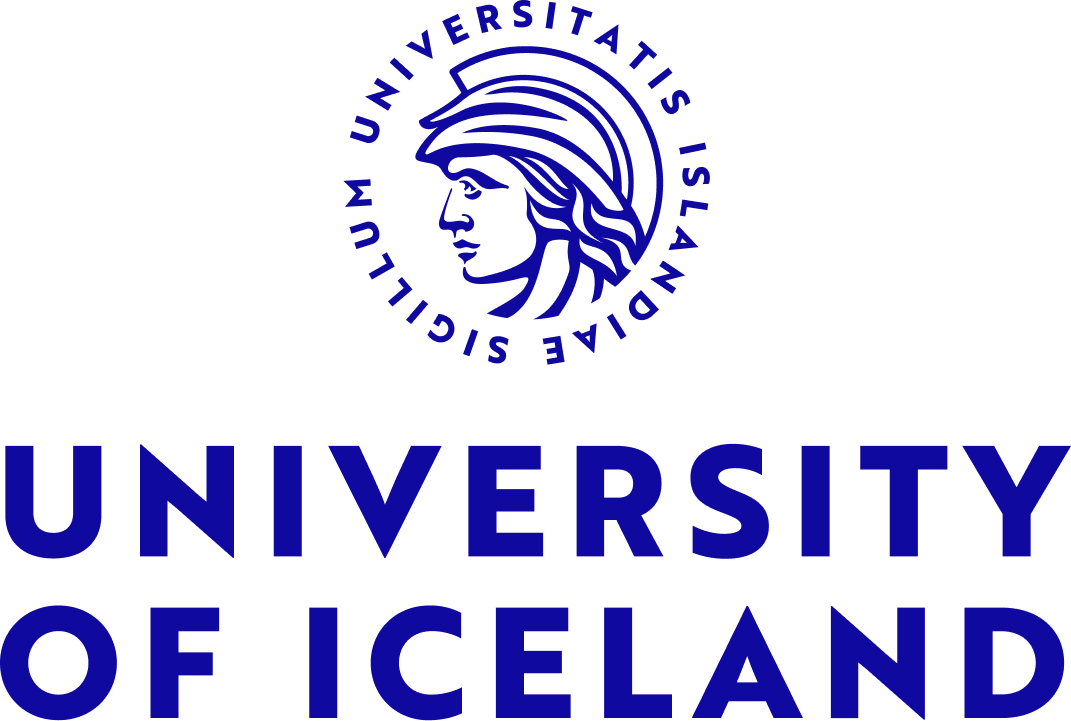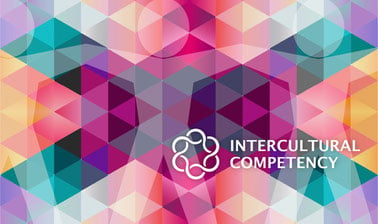- Level Foundation
- Ratings
- Course by The University of Iceland
- Total students 6,908 enrolled
-
Offered by

About
Some of the challenges we are facing in the world today are related to the ongoing trends towards immigration and globalization of education and the labour market. Combined with increased numbers of refugees in many countries, this has led to greater interpersonal cross cultural encounters and heightened cultural concerns. All school levels are facing complex challenges in adjusting their services to an increasingly diverse student population, irrespective of their background. It is therefore of great importance that employees at all school levels are culturally competent and can understand and adapt their services when working with people with diverse cultural backgrounds.
The aim of this course is to help the students develop intercultural competence by broadening their understanding of different cultures and different identities, as well as promoting students awareness of their own culture, learning from the experiences of international educators as well as professionals at the municipality level in the Nordic countries.
An added value is that the course is open to participants from different parts of the world, which creates a cross-cultural learning and teaching environment.
By the end of this course you should have learned practical intercultural skills and increased your understanding of intercultural competence; how to talk about and address intercultural opportunities and challenges, how to develop strategies to respond to diverse and hybrid identities in a fairer way, and how to promote social justice in education and respect for different languages, preventing conflicts and enhancing societal cohesion.
What you will learn
- The meaning of basic concepts like ethnocentrism, stereotypes and culture
- The importance of self-awareness and curiosity as a way towards intercultural awareness
- Awareness of the impact of negative generalisations
- How to deal with contradictions when identities are constructed
- How to become aware of your own influence on students’ identities, and to develop strategies to deal with identities in a fairer and more coherent way
- The importance of promoting understanding through respect for intercultural dialogue and the value of different languages
- How to increase students´ levels of participation in the classroom, building up a sense of belonging and community, as well as counteracting discrimination
- How to draw lessons from success stories of immigrant students and school communities in different countries that have succeeded in developing learning contexts that are equitable and socially just
Skills you learn
Syllabus
Module 1 : Intercultural Competence -Self Reflection - the aim of this module is to:
- present a basic pedagogical model on how to understand intercultural competence
- reflect on the importance of self-awareness and curiosity as a way towards intercultural awareness
- introduce and discuss the concepts ethnocentrism, stereotypes and culture
Module 2 : Hybrid Identities - the aim of this module is to:
- help educators problematize the complex issues of identities
- support them in dealing with contradictions when identities are constructed
- become aware of their own influence on students’ identities, and
- develop strategies to deal with identities in a fairer and more coherent way
Module 3 : Social Justice - the aim of this module is to:
- learn about the basic concepts of social justice and inclusion in schools
- learn how to increase students’ level of participation in the classroom, building up a sense of belonging and community, as well as counteracting discrimination
- draw lessons from success stories of immigrant students and school communities in different countries that have succeeded in developing learning contexts that are equitable and socially just
Module 4 : Communication and Language - The aim of this module is to:
- learn about the importance of promoting understanding through respect for intercultural dialogue and the value of different languages
- learn how to promote multilingualism as a tool for extending social justice and inclusion
- learn how to build on students´ multiple languages in school settings
- learn to create conditions on all levels of education where students´ languages are welcome and respected
Auto Summary
Enhance your teaching skills with "Intercultural Competency in Education" from edX. This foundational course in Personal Development equips educators with practical strategies to navigate and embrace diverse identities. Ideal for those seeking to foster a fair and inclusive learning environment. Available through Professional and Starter subscription options.

Hanna Ragnarsdóttir

Fríða Bjarney Jónsdóttir

Ingebjørg Lundevall

Ylva Drage

Auður Stefánsdóttir

Greta Björk Gudmundsdottir

Iben Jensen

Minghui Gao

Anette Hellman

Kriselle Lou Suson Jónsdóttir

Frank Robert Lien

Fred Dervin

Samúel Lefever

Artëm Ingmar Benediktsson

Patrick Gruczkun

Leeni Siikaniemi


